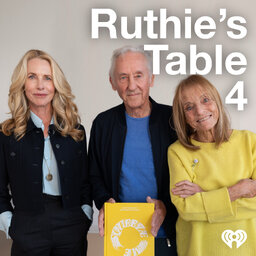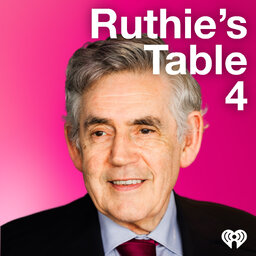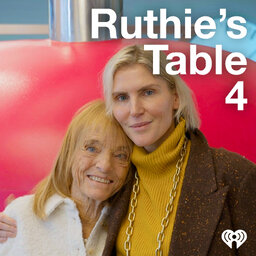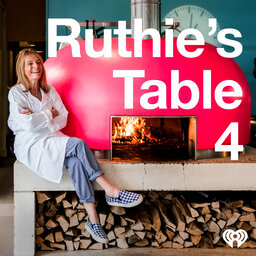Michael Mann and I met through architecture. On a trip to London about 25 years ago, he asked to visit the Lloyd's Building, designed by my husband, Richard Rogers. For us, it was an honour. For if Michael was a fan of Richard's architecture, Richard was a huge fan of Michael's movies. In fact, when watching Ali, Miami Vice or Collateral, my arm would be constantly squeezed.
Not due to a dramatic moment of fear or tension or mystery, but at the way the buildings, streets, airports, bridges and interiors, even elevators, were portrayed on screen. Over long dinners, Richard and Michael often compared making a movie to making a building. Michael once said, ‘Well, at least, Richard, in a building, you can say to a client, if you remove a column, the building will fall down. Try saying that about a scene to a producer.’
Of all the movies Michael has made, though, the one that I consider the greatest is 60 seconds long, shot entirely underwater in a swimming pool. Michael and his wife, Summer, with their children, swimmingly, wishing a happy birthday to Richard. No architecture in this movie—just love.
In 1 playlist(s)
Ruthie's Table 4
Welcome to Ruthie's Table 4 hosted by Ruthie Rogers, co-founder and chef of The River Cafe in London…Social links
Follow podcast
Recent clips

Bonus: Laurene Powell Jobs In Conversation With Ruthie Rogers & Ed Ruscha
32:28

Rt Hon Gordon Brown
32:32

Bonus: Gabriela Hearst on running her business
06:01
 Ruthie's Table 4
Ruthie's Table 4